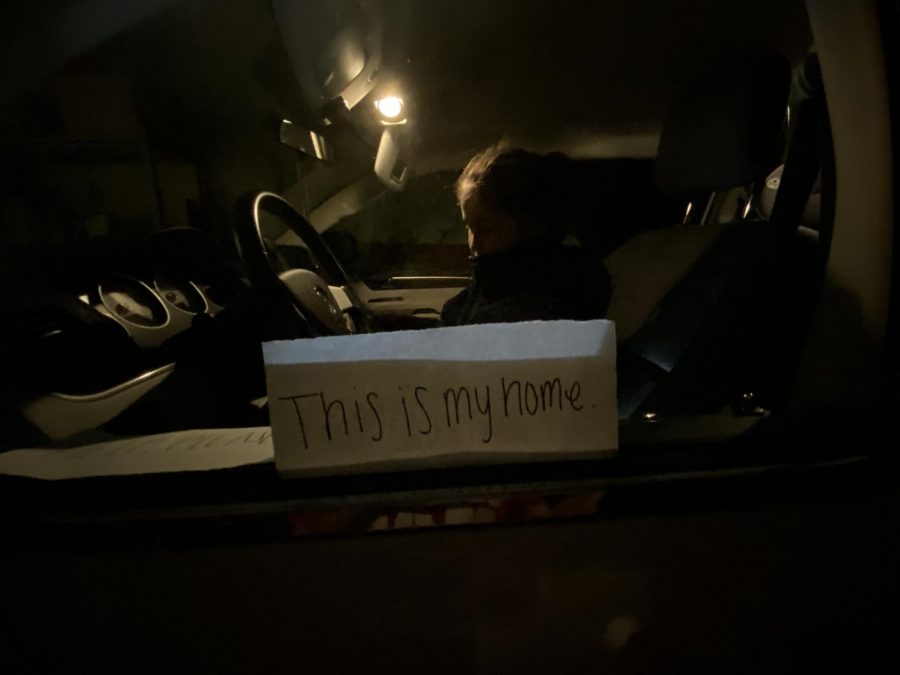Uber Employee Mistreatment Deserves Boycott
January 23, 2020
Uber is now ubiquitous among Moraga teens, but while it may seem like a convenient and cost effective way to get around, the company is notorious for abhorrent working conditions for its employees. Instead of championing an app that corners its drivers into poverty, we need to shift to other modes of transportation, be it conventional taxis, buses, or BART.
Far too many of my classmates are unaware of the plight of Uber drivers. While easily accessible for tech-savvy teens, Uber fall short when it comes to offering employees a fair wage and providing sufficient workplace security. Our continued use of the service only helps to perpetuate these issues for drivers.
When Uber was launched in 2017, the company noted that, as a ride sharing enterprise, it would provide jobs and stable incomes for drivers and convenient rides for consumers. This all sounded great. It does not reflect current reality however.
According to Economic Policy Institute, Uber wages are approximately $10.87, compared to San Francisco’s minimum wage of $14. In other words, the yearly income of a driver who works the average 8-hour day work week is approximately $20,870. This is lower than an “extremely low income” for 1 person, as explained by the Department of Housing and Urban Development, which is $27, 650.
Oftentimes, in the “Moraga bubble,” we fail to consider that others do not share the same privileges as we do and that many work tirelessly to put food on the table. Local drivers are struggling.
Walnut Creek resident and Uber driver Zehra Gokkaya said, “Several years before, I could work for 3 hours and earn the same money that I now have to drive 7 hours for.” She added that 1 of her fellow employees previously “raised 4 children driving 5 to 8 hours” but now has to work 24-hour days to support his family.
Although some employees are currently able to increase their fare wages at California airports, they do not earn the full profits from each ride. According to Ridester’s 2018 survey, while Uber claims to take a 25% commission, drivers reported losing 42.75% of their earnings to commissions. Similarly, much of Uber drivers’ money is spent on gas, traffic fines, vehicle maintenance, and more. Although we complain of spending money on Uber, much of the profit is taken from drivers’ hands.
Passenger behavior is another issue we may not often consider. The company may be correct in saying that its rides are 99.9% safe for passengers, but this does not apply equally to its employees. According to Vox, 19% of female drivers report being “groped by passengers.”
Similarly, since Uber does not function like conventional taxi companies, there are no physical protections, “like partitions separating [drivers] from passengers.” Drivers are physically vulnerable.
Given the conditions that Uber drivers face, should we find ourselves in a situation where Uber is the only option, we should tip generously.
The founder and former CEO of Uber, Travis Kalanick, lost his position for being abrasive and sexist towards employees, as well as illegally tracking passengers’ phones and locations, according to BBC News. If we experienced such abuses, we would certainly express our outrage. Yet, by using Uber, we convince drivers that their conditions are normal, and undermine their attempts to make change.
While forgoing Uber in our small town may seem trivial, we must do our part to fight corporate abuse. It may not be long before we too find ourselves employed by a company that loses sight of its mission.


